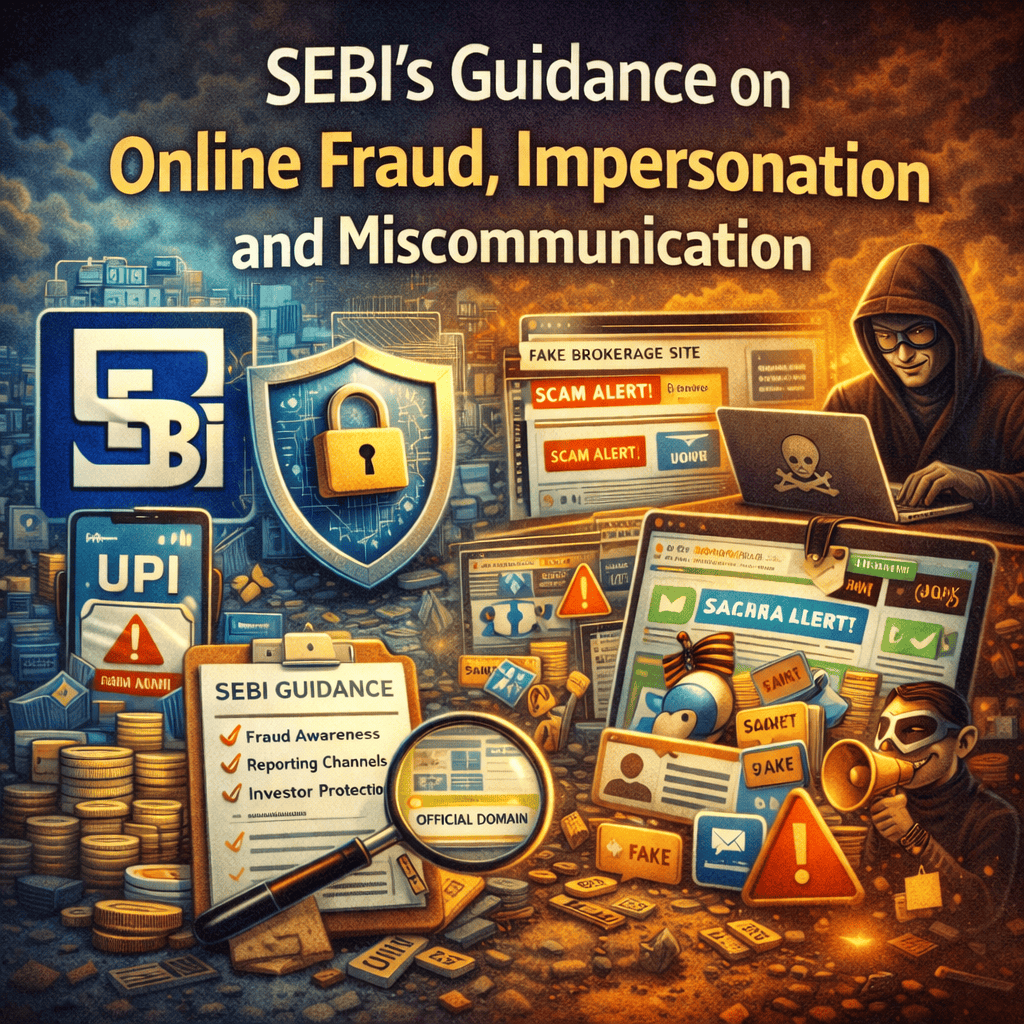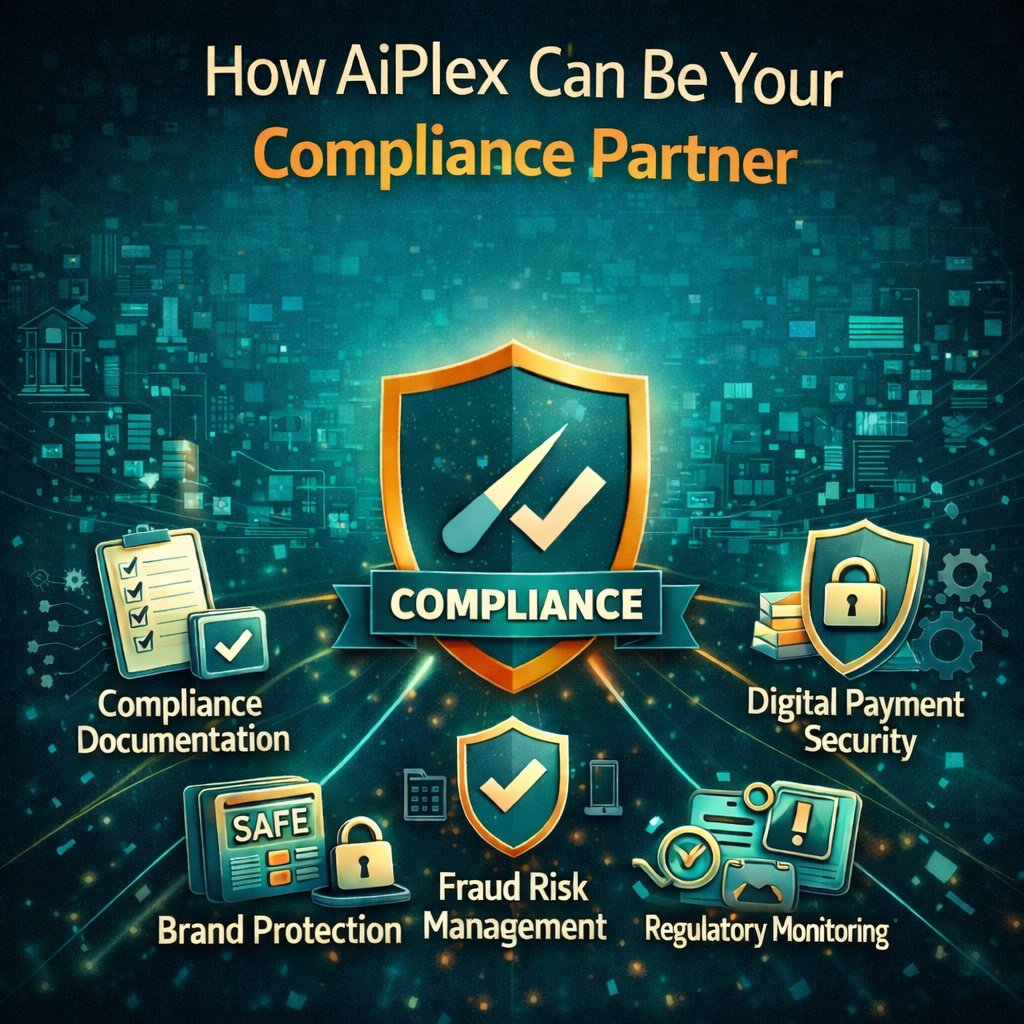A single negative incident can escalate into widespread online attention within hours, affecting brand perception long before internal teams have time to react. Business leaders, founders, and communication managers often find themselves searching for structured, reliable information when sudden spikes in negative reviews, social media backlash, or damaging press mentions appear. The need to understand how this crisis response ORM framework functions becomes immediate, especially when the cost of delayed or mismanaged responses can include lost customers, weakened trust, and long-term reputational damage. this crisis response ORM framework is not about panic control; it is about informed, methodical action supported by clear frameworks and reliable digital intelligence.
This blog explains this crisis response ORM framework in a structured, information-focused manner, helping readers understand its components, scope, and application without framing it as a problem-solving emergency guide. You will learn what this crisis response ORM framework includes, what factors must be evaluated before implementation, and how businesses can use it as a long-term reputation protection mechanism. The sections below also outline strategic elements, monitoring layers, communication controls, and response methodologies, concluding with why Aiplexorm’s approach aligns with businesses seeking clarity, structure, and consistency in online reputation protection.
Key Concepts to Understand Before Implementing this crisis response ORM framework
Before exploring structured ORM strategies, it is essential to understand the foundational elements that define how crisis response mechanisms operate online. These concepts influence planning accuracy, response speed, and the sustainability of reputation protection strategies.
Digital Sentiment Analysis and Brand Perception Tracking
Digital sentiment analysis forms the backbone of any this crisis response ORM framework strategy. It evaluates how audiences emotionally react to brand mentions across platforms such as search engines, social media networks, forums, and review portals. Understanding sentiment shifts allows organizations to recognize emerging risks before they escalate into full-scale reputation threats. This analysis goes beyond counting mentions; it interprets tone, intent, and contextual relevance to identify whether attention is neutral, supportive, or damaging.
Consistent brand perception tracking ensures that decision-makers are not reacting blindly. It provides historical benchmarks, allowing teams to distinguish between routine criticism and genuine crisis indicators. When sentiment data is structured and continuously updated, this crisis response ORM framework becomes proactive rather than reactive, supporting long-term reputation stability and informed communication strategies.
Crisis Severity Classification and Risk Thresholds
Not every negative mention constitutes a crisis, making severity classification a critical component of this crisis response ORM framework. Businesses must define thresholds that differentiate between minor complaints, coordinated attacks, misinformation campaigns, or high-impact reputational threats. This classification prevents overreaction while ensuring that serious issues receive immediate attention.
Risk thresholds are typically established using engagement velocity, source credibility, content reach, and sentiment polarity. When these factors are systematically assessed, this crisis response ORM framework frameworks remain consistent and scalable. Organizations benefit from clarity, ensuring that responses align with the actual level of reputational risk rather than emotional urgency.
Platform-Specific Response Dynamics
Each digital platform operates under different content visibility rules, audience behaviors, and escalation patterns. this crisis response ORM framework must account for these variations to remain effective. Search engine results, for instance, require long-term content and authority management, while social media crises demand rapid engagement and narrative control.
Understanding platform-specific dynamics ensures that responses are not misaligned or counterproductive. A strategy suitable for Twitter may fail on LinkedIn or review platforms. this crisis response ORM framework frameworks that integrate platform intelligence enable targeted actions, preserving credibility and minimizing unintended amplification of negative narratives.
Stakeholder Communication Hierarchies
this crisis response ORM framework is not limited to public-facing messaging. Internal communication hierarchies determine who approves responses, who monitors developments, and who engages externally. Without defined roles, responses risk inconsistency, delays, or conflicting narratives.
Structured stakeholder communication ensures alignment between leadership, marketing teams, legal advisors, and customer support. This clarity strengthens this crisis response ORM framework execution by reducing internal friction and enabling timely, coordinated messaging that reflects brand values and compliance requirements.
Data Privacy and Compliance Considerations
Online reputation management during crises must comply with data protection regulations and platform policies. Mishandling personal data, attempting content removal improperly, or engaging in deceptive practices can worsen reputational damage.
this crisis response ORM framework strategies must integrate compliance safeguards to ensure ethical and lawful actions. Understanding regulatory boundaries protects organizations from secondary risks while maintaining transparency and trust during sensitive situations.
Core Components of an Effective this crisis response ORM framework Strategy
A structured this crisis response ORM framework strategy is composed of interconnected elements that work collectively to monitor, analyze, respond, and stabilize brand reputation across digital channels.
Real-Time Monitoring Infrastructure
Real-time monitoring enables organizations to detect reputational signals as they emerge. This component of this crisis response ORM framework relies on automated tools and human oversight to track brand mentions, keyword trends, and sentiment changes continuously. The objective is early awareness, not constant reaction.
When monitoring systems are properly configured, they filter noise and highlight relevant data points. This ensures that this crisis response ORM framework teams focus on actionable insights rather than overwhelming volumes of irrelevant information, supporting efficient and timely decision-making.
Search Engine Reputation Control Mechanisms
Search engines often serve as the first reference point for stakeholders during a crisis. this crisis response ORM framework includes strategies to manage branded search results, ensuring that accurate, authoritative content maintains visibility. This may involve content optimization, asset diversification, and authority reinforcement.
Effective search reputation control does not attempt suppression through unethical means. Instead, it focuses on balance and credibility, ensuring that search narratives reflect verified information and brand context rather than isolated negative events.
Content Response and Narrative Structuring
Content plays a central role in shaping public understanding during reputational challenges. this crisis response ORM framework includes the development of structured response content such as official statements, FAQs, clarifications, and explanatory resources.
Narrative structuring ensures consistency across channels and prevents message fragmentation. Well-planned content responses help audiences understand the situation without speculation, reinforcing transparency and accountability within this crisis response ORM framework frameworks.
Social Media Engagement Governance
Social media platforms amplify both positive and negative narratives rapidly. this crisis response ORM framework requires clear engagement guidelines that define when to respond, how to respond, and when to observe silently.
Governance frameworks reduce impulsive reactions and ensure that engagement aligns with brand tone and strategic objectives. This disciplined approach helps de-escalate tensions while maintaining credibility across social platforms.
Review and Feedback Management Systems
Customer reviews significantly influence brand trust during crises. this crisis response ORM framework includes structured review monitoring and response strategies that acknowledge feedback without escalating conflict.
Balanced review management demonstrates attentiveness and accountability. It reassures prospective customers that concerns are addressed professionally, reinforcing long-term reputation resilience beyond the immediate crisis phase.
Strategic Benefits of this crisis response ORM framework for Businesses
Understanding the informational value of this crisis response ORM framework helps organizations view it as a strategic investment rather than a reactive expense.
Enhanced Decision-Making Clarity
this crisis response ORM framework provides structured data and insights that support informed decisions during high-pressure situations. Instead of relying on assumptions, leaders can assess real-time sentiment, reach, and impact metrics.
This clarity reduces emotional bias and ensures that actions align with measurable reputational objectives. Over time, businesses develop stronger governance models supported by data-driven this crisis response ORM framework frameworks.
Long-Term Brand Trust Preservation
Effective this crisis response ORM framework protects more than short-term perception; it safeguards long-term trust. Transparent communication and consistent engagement demonstrate accountability, reinforcing stakeholder confidence.
Brands that manage crises responsibly often strengthen their reputation post-event. this crisis response ORM framework supports this outcome by ensuring that recovery narratives emphasize learning, improvement, and reliability.
Reduced Financial and Operational Risk
Reputational crises can trigger financial losses, operational disruptions, and legal scrutiny. this crisis response ORM framework minimizes these risks by controlling misinformation spread and maintaining stakeholder confidence.
By addressing reputational threats early and strategically, organizations avoid prolonged damage cycles, protecting revenue streams and operational stability.
Why Choose Aiplexorm for this crisis response ORM framework Services
Aiplexorm offers a structured, intelligence-driven approach to this crisis response ORM framework, designed for businesses that value clarity, compliance, and long-term reputation protection. The platform integrates monitoring, analysis, and response frameworks into a cohesive system tailored to organizational needs.
Aiplexorm emphasizes ethical practices, data transparency, and platform-specific strategies, ensuring that this crisis response ORM framework initiatives align with regulatory standards and brand values. With a focus on scalability and adaptability, Aiplexorm supports businesses across industries in maintaining digital credibility during high-impact moments.
Conclusion
this crisis response ORM framework is an essential informational framework for organizations operating in highly visible digital environments. It combines monitoring intelligence, structured communication, and strategic response mechanisms to protect brand reputation during periods of heightened scrutiny. Understanding its components enables businesses to approach reputation protection with confidence and foresight.
By adopting a structured this crisis response ORM framework strategy supported by experienced service providers like Aiplexorm, organizations gain resilience against reputational volatility. The result is not only effective crisis navigation but sustained trust, credibility, and digital stability in the long term.










